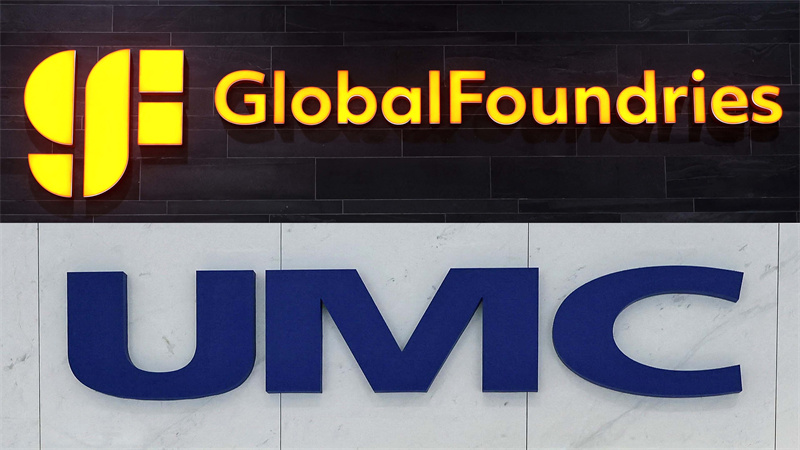Recent reports from Nikkei and Reuters suggested that Taiwanese foundry UMC and U.S.-based GlobalFoundries were exploring a potential merger. If realized, the deal would create a larger U.S.-based chipmaker with a global footprint spanning Asia, the U.S., and Europe, aligning with the U.S. government's efforts to strengthen its semiconductor supply chain in response to geopolitical tensions and rising Chinese competition in mature chip production.
However, UMC swiftly denied the speculation. According to Taiwanese media Liberty Times and Economic Daily News, the company stated that no merger discussions are currently underway.
A Merger with Challenges
The potential combination of UMC and GlobalFoundries presents both opportunities and hurdles. Financially, GlobalFoundries has a market capitalization of approximately $20.4 billion, while UMC stands at around $16.9 billion. Both companies operate in a highly cyclical industry with substantial capital expenditures. GlobalFoundries has faced financial constraints, leading to facility sales in recent years, while UMC has struggled with declining profitability.
Ownership and regulatory challenges also complicate the scenario. UMC's largest shareholder, Taiwan's National Development Fund, holds a 26.8% stake, meaning any deal would require approval from Taiwan's Investment Commission. Furthermore, geopolitical considerations add another layer of complexity. The merger would likely face scrutiny under China's Anti-Monopoly Law, alongside U.S. regulatory oversight, making the transaction difficult to structure without triggering political concerns.

Why UMC and GlobalFoundries?
Both UMC and GlobalFoundries specialize in mature process nodes rather than leading-edge chips. While a merger could expand production scale, industry analysts question whether it would significantly enhance competitiveness. Some reports suggest that UMC's strategic alignment with Intel, rather than GlobalFoundries, may offer a stronger synergy, given Intel's technical expertise and UMC's foundry experience.
UMC has previously stated that it has no immediate plans to build a plant in the U.S. but is actively collaborating with Intel. In 2024, the two companies announced a joint effort to develop a 12nm process platform targeting high-growth markets such as mobile, communication infrastructure, and networking.
The Competitive Landscape
According to TrendForce, TSMC maintained a dominant 67% share of the foundry market in Q4 2024, followed by Samsung (8.1%) and China's SMIC (5.5%). UMC and GlobalFoundries ranked fourth and fifth, with 4.7% and 4.6% market shares, respectively.
While speculation about UMC-GlobalFoundries talks has surfaced before, previous discussions did not progress. Given the financial, regulatory, and geopolitical hurdles, a merger remains uncertain. However, as the U.S. prioritizes semiconductor self-sufficiency and Chinese foundries expand their influence, further industry consolidation may still be on the horizon.
+86 191 9627 2716
+86 181 7379 0595
8:30 a.m. to 5:30 p.m., Monday to Friday
